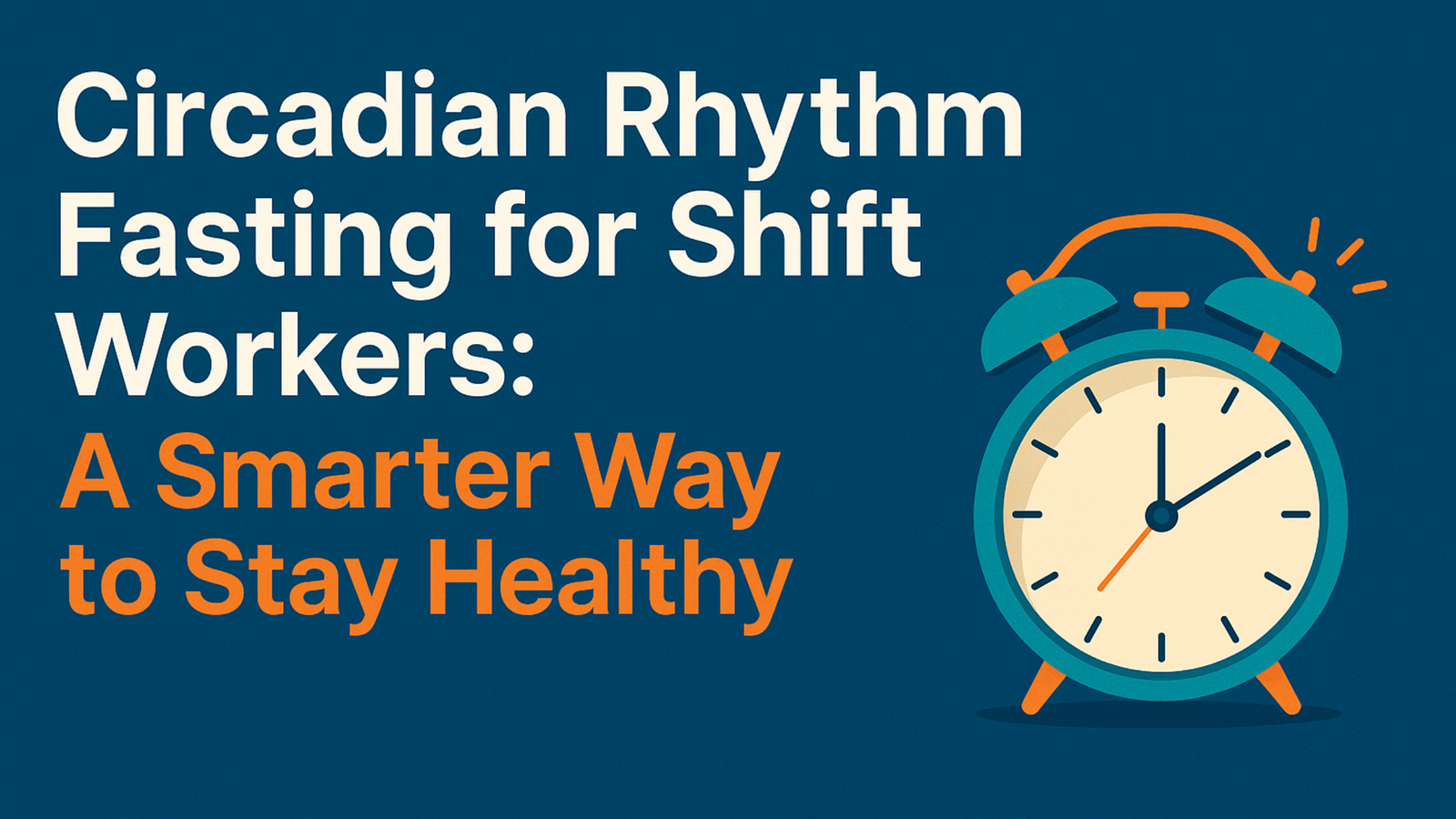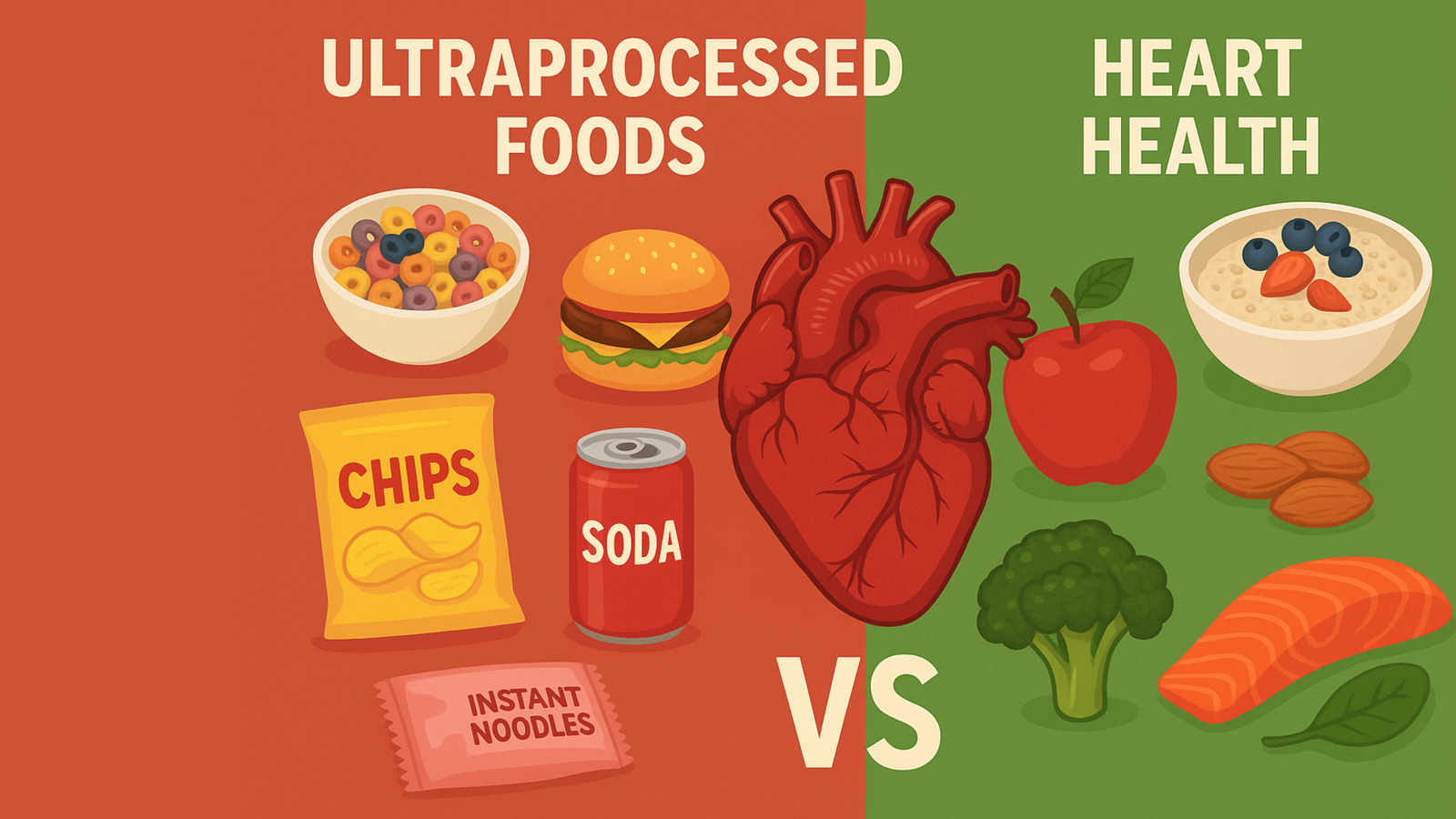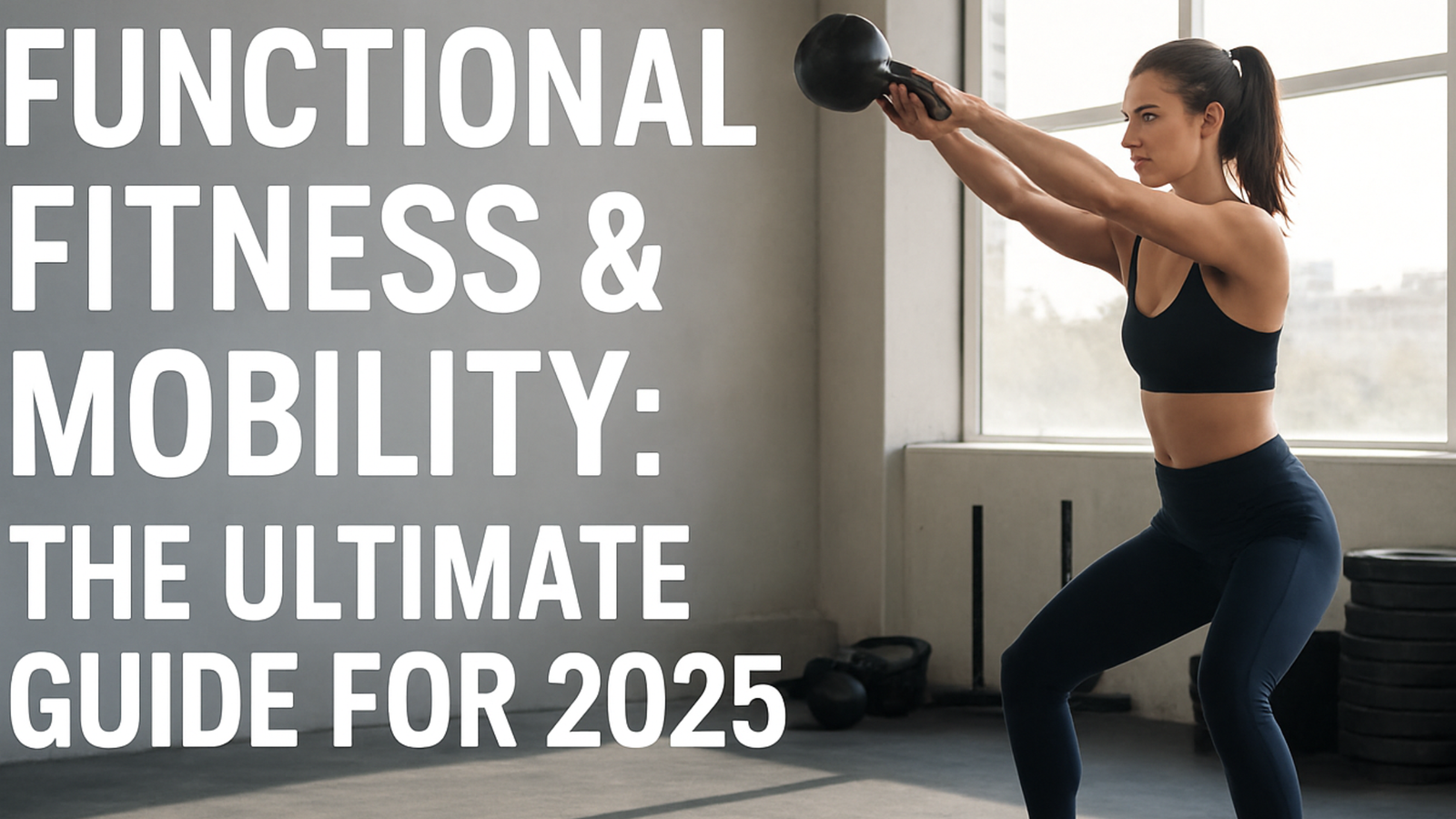Shift work is now a reality for millions—nurses, call center agents, security staff, gig workers, and beyond. But the irregular hours come with a cost: disrupted sleep cycles, higher stress, weight gain, and increased risk of chronic diseases. Emerging science shows that Circadian Rhythm Fasting, a form of time-restricted eating (TRE), may help minimize these effects by working with your body clock, not against it.
In this post, we explore how shift workers can use circadian-based fasting to reset their health, improve sleep, and strengthen immunity.
What Is Circadian Rhythm Fasting?
Circadian rhythm fasting involves eating all your meals within a specific window (usually 8–12 hours) that aligns with your natural biological clock, or circadian rhythm. The idea is simple: eat when your body is most metabolically active, and fast when it’s not.
Research from Dr. Satchin Panda at the Salk Institute suggests that aligning eating windows with circadian rhythms can improve metabolism, reduce inflammation, and enhance energy levels, even without calorie restriction (Panda, 2016).
Why Shift Workers Are at Higher Risk
Shift work throws the body’s natural sleep-wake cycle off balance. This leads to:
- Poor glucose metabolism
- Increased cortisol levels
- Disrupted melatonin production
- Weakened immune function
A 2025 study by Mass General Brigham found that eating only during daytime hours, even while working night shifts, significantly reduced cardiovascular risks. This underscores the power of aligning meal times with circadian biology—even when sleep schedules are abnormal.
How to Implement Circadian Fasting as a Shift Worker
Here’s how you can practice it, even on a rotating or night schedule:
1. Choose a Fixed Eating Window
Start with a 12-hour window, then reduce to 10 or 8 hours. For example:
- Night Shift (9 PM–5 AM): Eat between midnight and 8 AM, fast the rest.
- Day Shift (9 AM–5 PM): Eat between 8 AM and 6 PM.
Pro Tip: Use apps like Zero Fasting to track your eating window.
2. Eat Nutrient-Dense Meals
Include:
- High-quality protein (chicken, legumes)
- Healthy fats (nuts, olive oil)
- Complex carbs (quinoa, oats)
- Antioxidants (berries, leafy greens)
These foods help sustain energy through long hours and support immune health. Speaking of immunity, check out our article on Simple Lifestyle Changes to Boost Your Immune System Naturally.
3. Improve Sleep Hygiene
- Use blackout curtains
- Limit screen time post-shift
- Consider melatonin if your doctor approves
Good sleep amplifies the benefits of fasting by allowing your body to repair and regulate hormones efficiently (Verywell Health).
Health Benefits Backed by Research
Improves Metabolic Health
Studies published in Cell Metabolism show that TRE improves insulin sensitivity, reduces blood pressure, and aids in fat loss, even without cutting calories (Cell, 2016).
Reduces Inflammation and Boosts Immunity
Fasting lowers inflammatory cytokines and enhances the body’s ability to defend against infections—an essential benefit for shift workers who often suffer from compromised immunity.
Enhances Cognitive Function
Circadian fasting stabilizes blood sugar, preventing the “crash” effect during late shifts and improving focus and reaction time.
| Time | Activity |
|---|---|
| 9:00 PM | Wake up, hydrate |
| 10:00 PM | Start shift |
| 12:00 AM | First meal (high-protein) |
| 3:30 AM | Light snack (fiber-rich) |
| 8:00 AM | Final meal (light carbs) |
| 9:00 AM | Begin fast |
| 10:00 AM–6:00 PM | Sleep |
Common Questions
What if I work rotating shifts?
Rotate your fasting window with your shift, but avoid eating right before sleep, regardless of shift type. This improves digestion and hormonal regulation.
Can I drink coffee or tea while fasting?
Yes. Black coffee, unsweetened green tea, and water are all allowed during fasting periods and may help reduce hunger pangs.
How soon can I expect results?
Many people notice better digestion, mood, and sleep within 1–2 weeks. Weight loss and metabolic improvements typically show after 4–6 weeks of consistent practice.
⚠️ Disclaimer: This blog post is for informational purposes only and does not constitute medical advice. Always consult a healthcare professional before starting any diet, fasting regimen, or health program—especially if you are pregnant, on medication, or managing a health condition. Use of this information is at your own risk. This post may contain affiliate links. For more, read our full disclaimer and terms (link to your full Terms & Conditions page).









